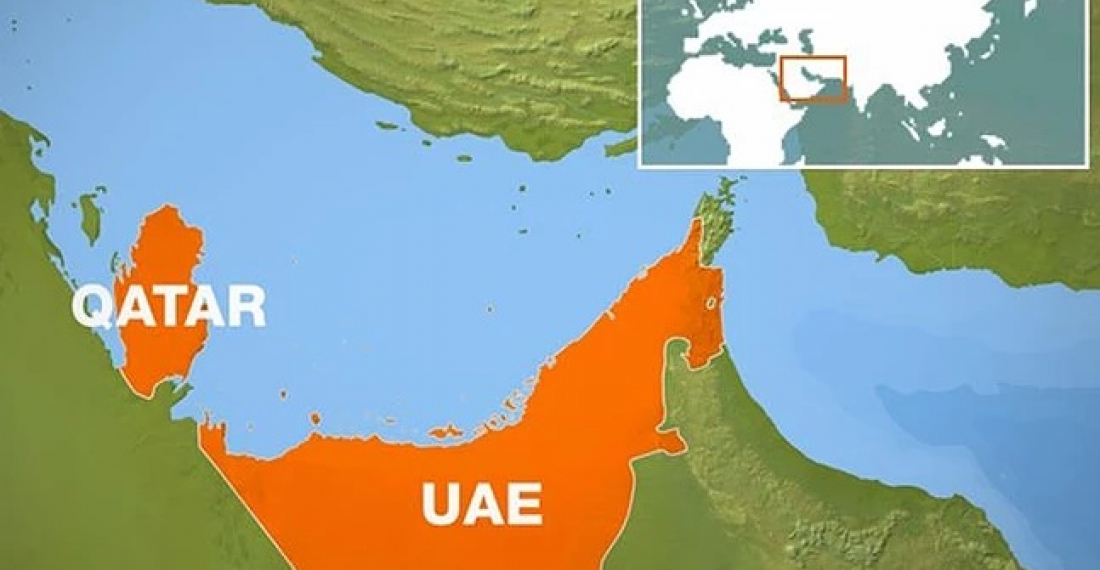Delegations from the United Arab Emirates and Qatar met in Kuwait on Monday (22 February) for the first time since an agreement last month to end a rift of more than three years, the UAE state news agency WAM said.
Saudi Arabia, the UAE, Bahrain and Egypt agreed in January at a summit in Saudi’s al-Ula to restore diplomatic, trade and travel ties with Doha, which had been severed in 2017 over accusations that Qatar supported terrorism, a charge it denies.
“The two sides discussed joint mechanisms and procedures for implementing the al-Ula statement. They emphasised the importance of preserving Gulf kinship and developing joint Gulf action in the interest of GCC countries and their citizens, and of achieving stability and prosperity in the region,” according to WAM.
They thanked Saudi and Kuwait for their roles in ending the rift.
Since the agreement, air and travel links have resumed between Qatar and the four states. Each state is to arrange bilateral talks with Qatar to resolve individual issues.
source: commospace.eu with Reuters (London) and WAM (Abu Dhabi)
photo: Area map courtesy of Al Jazeera (Doha)







